Joint issues are a struggle. Not only do they make your joints hurt, but they can also affect your social life. When having joint problems, you are less likely to do all those fun activities you enjoy or spend time with your family. And, if you do those activities, it would likely be at the back of your mind to take it easy to prevent your knees and shoulders from hurting later on.
While you might think you are alone, rest assured that you are not. According to the CDC, over 23% of US adults experience some form of joint problem (arthritis, fibromyalgia, lupus, or rheumatoid arthritis). This means that over 58 million people in the US have joint problems.
The good news is there are natural ways to help improve joint health. Including the right foods in your diet can help reduce inflammation and strengthen your joints, allowing you to have a normal life without pain.
In this article, we’ll review the link between food and joint health and determine the best foods to include. Remember that these recommendations should never replace medical advice, and you should still follow your doctor’s orders.
Why Diet Matters for Joint Health
One of the main culprits for joint pain is chronic inflammation. Chronic inflammation happens when your body has too much stress to handle. While there might be an underlying medical condition for chronic inflammation, the foods you eat can either increase or decrease the inflammation, meaning they can cause more or less pain in your joints.
Another important contributor to joint pain is a decline in collagen production. Collagen is one of the main proteins in the body. It makes up two-thirds of the cartilage in joints and other connective tissues. The problem is that your ability to replenish collagen decreases by 1%–1.5%2 as you age. This decrease in collagen affects not only skin appearance but also increases your risk of joint pain. A small study showed supplementing with hydrolyzed collagen reduced swelling and decreased joint pain in some people with osteoarthritis and other arthritic conditions.
Now, in some cases, joint pain may manifest in other conditions. For example, leaky gut is a condition where the intestines become semi-permeable. This means toxins and bacteria not normally found in the body can enter the intestines. Consequently, it can increase pro-inflammatory markers and the risk of joint pain.
Since there are different reasons why you may be getting joint pain, if you want to keep your joints healthy as you age, you may want to include a variety of ingredients. Ensure you add antioxidants, collagen-boosting ingredients, probiotics, and prebiotics. All of these will play an essential role in improving your joint health.
7 Best Food Types for Joint Health
The following food categories are highly antioxidants, contain anti-inflammatory properties, and help support gut health. Make sure you include as many foods listed below as possible in your diet. The more variety you have, the more nutrients you’ll get.
1. Superfoods are known to enhance joint flexibility and reduce pain. Starting with what foods promote healthy joints, we have superfoods. These foods are high in nutrients such as calcium, vitamin C, and vitamin A. Some great options include broccoli, beans, quinoa, cherries, and walnuts.
2. Omega-3 Fatty Acids and Their Anti-inflammatory Properties. Research4 shows that omega-3 fatty acids have powerful anti-inflammatory properties. On the other hand, omega-6 fatty acids are pro-inflammatory. For that reason, you want to include more foods high in omega-3 fatty acids, such as salmon, sardines, chia seeds, flaxseeds, and hemp seeds.
3. Green Leafy Vegetables. Another healthy food for joints is green leafy vegetables. Options like kale, spinach, cabbage, and microgreens are high in vitamins C and K. These are powerful antioxidants that can help reduce inflammation and support joint health.
4. Antioxidant-Rich Berries and Fruits. Antioxidants help decrease the effect of free radicals. Too many free radicals in the body lead to oxidative stress, which promotes inflammation and joint pain. Berries5 are known to be the highest fruits with antioxidant content. Include options like blueberries, raspberries, blackberries, and strawberries.
5. Spices and Herbs. There are some herbs and spices that can help reduce inflammation. Thanks to curcumin,6 turmeric is one of the most powerful anti-inflammatory foods. Other options to include are garlic, onions, and ginger.
6. Collagen-Boosting Foods. Bone broth, chicken, and egg whites are all foods that can help boost collagen production. Ensure you combine them with foods high in vitamin C, such as citric foods, berries, and broccoli, since they can help promote collagen production.
7. Probiotics and Gut Health. Probiotics are healthy microorganisms that can help bring balance to your gut microbiome. Some great options include kefir, kimchi, sauerkraut, kombucha, and tempeh.
Understanding the Healthy Joints Diet
One food alone is not going to cure your joint issues. It is a combination of several foods that lead to a healthy diet and can help improve your joints.
You want to include as many foods as possible. Since each ingredient offers a distinctive result, having variety in your diet can help promote the best results.
Making a meal plan is the best way to help you stay on track with a healthy diet. While it might sound tedious, meal planning can help reduce stress and allow you to save time and money in the kitchen.
To make a meal plan, list all the ingredients you like from the previous section, and make sure you include 1–2 options in every meal.
Use the herbs and spices to your advantage to make delicious meals that will be packed with not only flavor but also nutrients. For example, you can use turmeric to make turmeric rice, or you can use ginger to marinate salmon. Just ensure you use them as naturally as possible and avoid adding salts and sugars to your meals.
3 Best Supplements for Joint Health
There might be times when more than food is needed to support the joints. In this case, some healthy joint supplements can give you an extra boost.
1. Omega-3 Supplements. As discussed, omega-3 fatty acids have potent anti-inflammatory benefits. If you cannot include a source of dietary omega-3 daily, you can find supplements that ensure you get a dose of this ingredient.
2. Chondroitin and Glucosame. Both are structural components of cartilage, making them an essential part of the joints. Evidence7 suggests that they can help reduce pain and improve physical function.
3. Collagen Supplements. They are a handy way to increase collagen intake without relying on bone broth or gelatin. Some collagen supplements are hydrolyzed, making them easier to digest and absorb.
However, before you add any previous supplements, consult your doctor to ensure there won’t be any negative effects when adding them as part of your routine.
6 Foods to Avoid for Joint Health
You want to exclude these foods from your diet since they can promote inflammation and poor gut health.
- Added sugars: sugar, sweets, candies, ice cream, dressing, sauces, sodas, and pastries
- Processed meats: sausages, ham, deli meat, bacon, and hot dogs
- High-sodium foods: canned foods, dehydrated soups, frozen meals, and certain cheeses
- Some vegetable oils (high in omega-6): margarine, vegetable shortening, corn, and safflower oil
- Fried and fast foods
- Alcohol
Ultimately, the more natural ingredients you add, the better it will be for your joints. You won’t have to worry if the meal has added sugars, sodium, or other preservatives that can increase the risk of joint pain. Strive to have a diet containing 80%–85% natural foods and only 15%–20% from processed foods.
Some people believe that eating nightshades (eggplants, tomatoes, and potatoes) can increase the risk of joint problems. However, currently, there is little evidence to support this claim.
When it comes to dairy products, the evidence is still mixed. Due to its high saturated fat content, it could increase inflammation in some populations. However, dairy products are high in calcium, so they can help improve bone health and support joints. So, choosing low-fat or fat-free options may benefit joint health.
Takeaway
Diet plays a crucial role in joint health. Adding ingredients to your diet can help decrease inflammation, promote collagen production, and improve gut health. But, adding the wrong ingredients (such as highly processed foods) can have the opposite effect.
Make sure you have a natural diet with lots of variety. Don’t rely on the same ingredients daily; include at least 1–2 joint-friendly foods in every meal.
Now, while diet plays an important role, ensure you pay attention to other healthy lifestyle choices, such as leading an active lifestyle, having a healthy weight, managing stress, and staying hydrated.


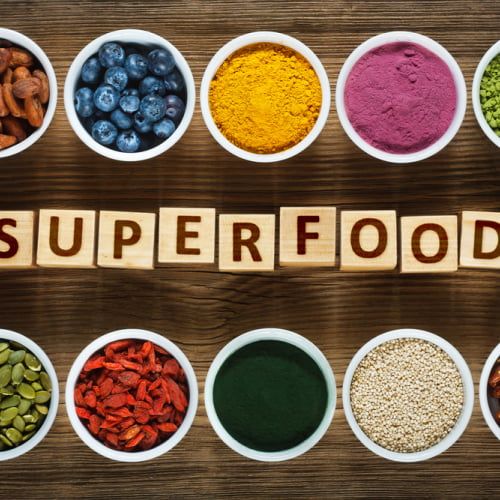
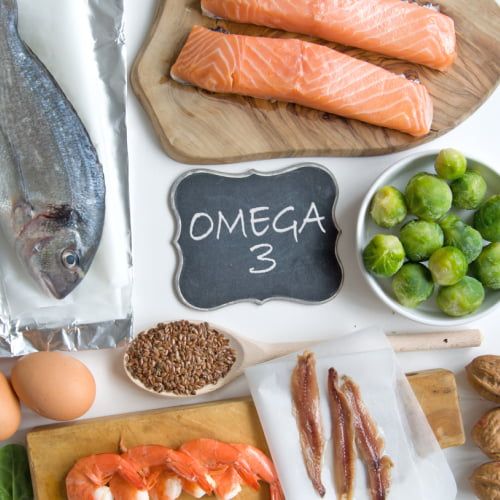

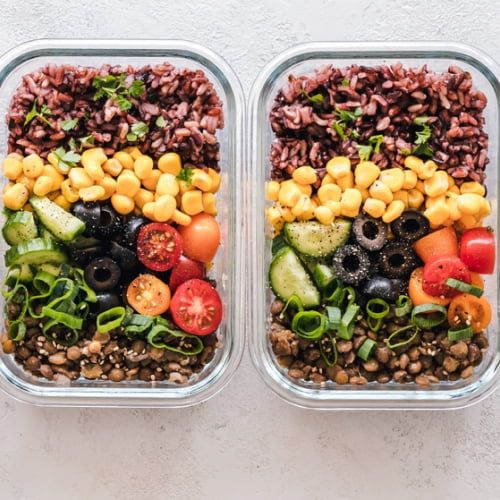
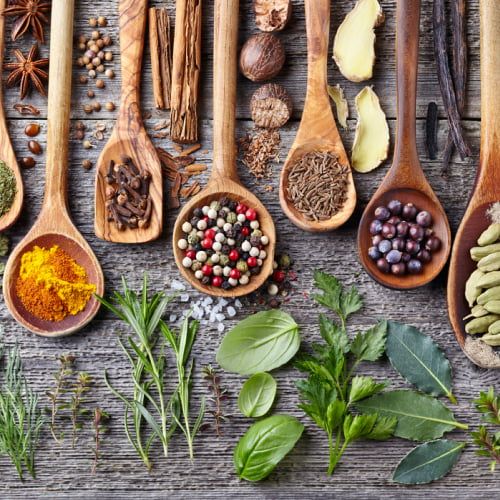
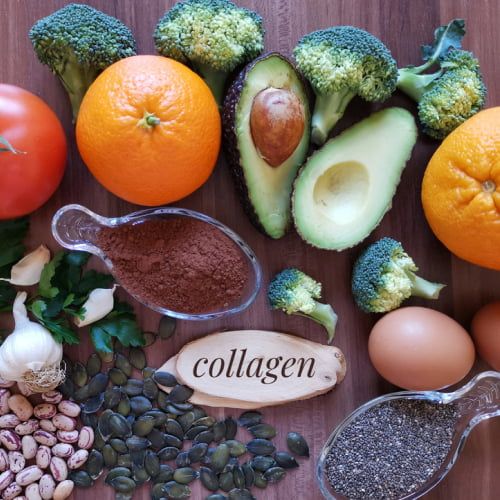
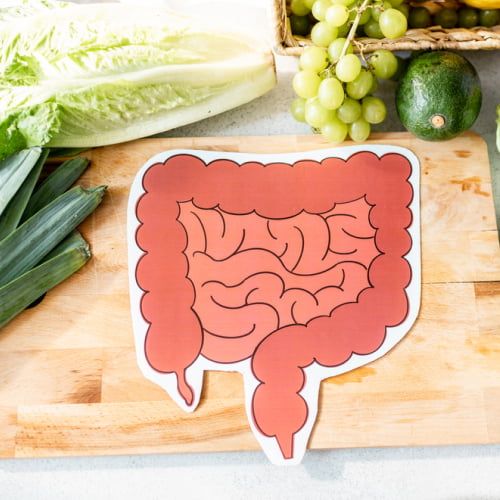
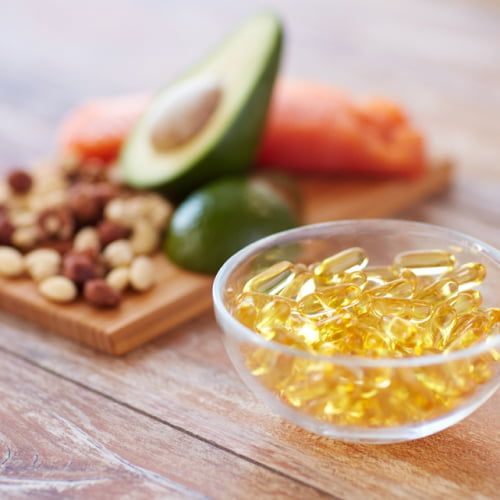
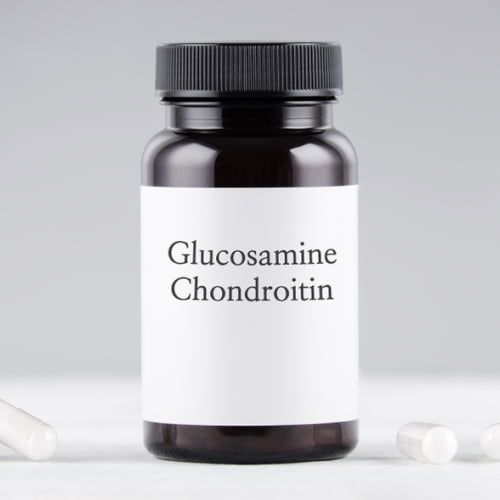









There are no comments yet